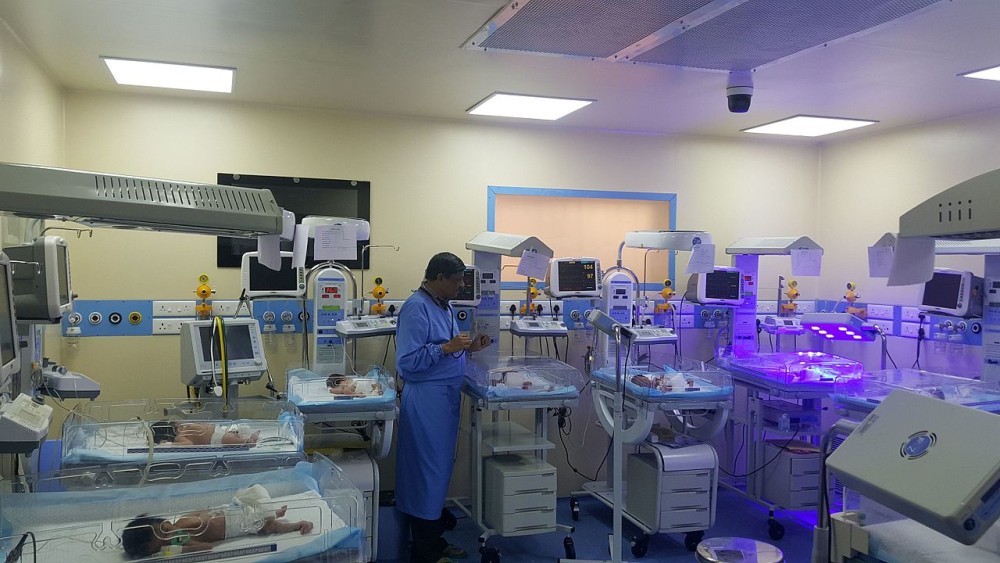Charlie Gard and other precious children
The debate over a dying British infant reveals the moral complexities of health care.

Every parent could identify with the tenacity of Charlie Gard’s parents, who fought mightily to give infant Charlie—suffering from a rare and fatal genetic disease—what they believed was his best chance for a longer and better life. For Chris Gard and Connie Yates, that effort extended to taking a London hospital to court in an effort to get Charlie a never-before-tried experimental treatment.
The dramatic and unusual legal conflict between the parents and the hospital, which ended with Charlie’s death on July 28, explains the widespread interest in Charlie’s case and why such diverse figures as Pope Francis and President Trump were moved to voice support for Charlie’s parents. It was easy—especially at a remove from the medical details—to view the doctors and hospital as callous toward the parents and indifferent to Charlie.
Left out of many accounts, however, was the complicated reality at the heart of the case: Charlie’s doctors also affirmed the preciousness of Charlie’s life, and it was because of their commitment to serving Charlie’s best interests that they recommended ending treatment. Doctors are called upon to render their best judgment as to when treatment is futile and when further treatment will do more harm than good.




